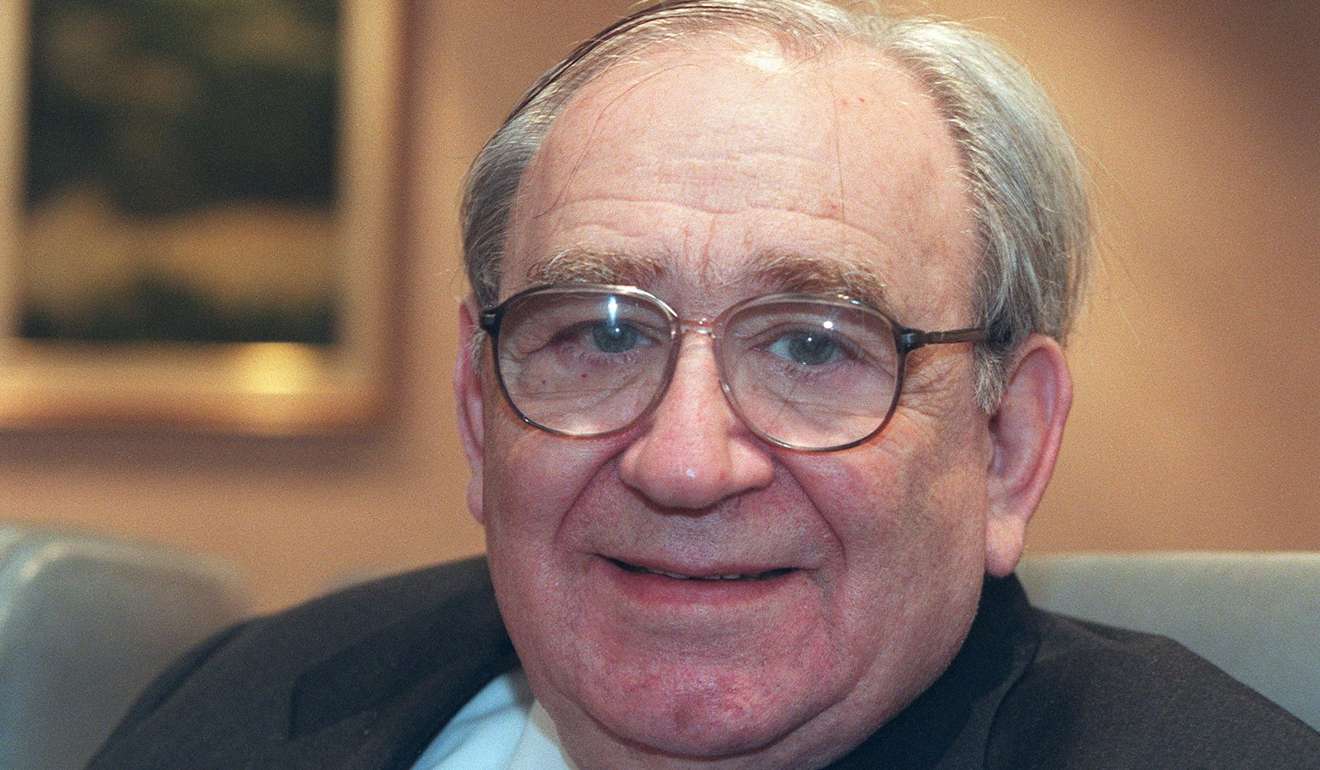Avoiding the pitfalls of a knowledge-based society
A new pluralist society of specialised knowledge workers is emerging. That means our leaders need to be on their toes to avoid the mistakes of the past

Knowledge will be the key resource of society in the future. In rich countries, knowledge workers already make up half the workforce and are growing in numbers. What will this mean for society, politics and the economy?
The impacts are likely to be greater in the social sphere than the economic one.
The first thing to note about knowledge workers is that they are capitalists, because their specialised knowledge represents their human capital.
High knowledge workers such as doctors, lawyers, scientists, clerics and teachers, have been around for a long time but, increasingly, knowledge technologists – who work with their hands but use a lot of knowledge acquired through formal education (not apprenticeships) – will dominate the workforce.
Their strong identity with their work and their professional knowledge makes them cohesive, often well-organised and able to form autonomous associations.
Technological progress since the 1970s has been biased towards those with knowledge. As a consequence, the relative wages of better-educated workers have risen relative to less educated ones. This has been the primary driver underlying economic inequality and also the intense competition that students and young workers face today.
Another interesting and related trend is that the knowledge economy will be characterised by people spending fewer hours at work earning income and longer hours acquiring knowledge and enjoying leisure.
It is not apparent what kind of new politics is needed to balance the common good against the pursuit of personal interest
Professor Robert Fogel has estimated the average American male householder spent 80.6 per cent of their non-essential hours (essential being things like eating and sleeping) on income-earning work in 1880. This had fallen to 41 per cent by 1995 and is projected to drop further to 23.6 per cent by 2040. The rest was spent on “voluntary work hours” which includes such things as leisure and learning time but also caring for others and community involvement.

The impact of all this on politics is that the knowledge economy is creating a new pluralist society of specialised knowledge workers. Exerting political power means having to be well organised and well connected.
The knowledge economy will be characterised by people spending fewer hours at work earning income and longer hours acquiring knowledge and enjoying leisure
Large business enterprises, universities and, more recently, the third social sector of (mostly nonprofit) community organisations are all examples of well-organised, non-government organisations.
The market has facilitated business organisations by mediating conflicts through the price mechanism. Among non-profit organisations, though, politics is the only mechanism for mediating conflicts unless the bulk of their funding is borne by the clients they serve. Very often it is sensible to fund through vouchers spent by clients rather than direct subventions to organisations, if the government is the primary funding source for non-profits.
Single-cause interest groups can dominate the political process and subordinate the common good to their own values. How to balance the common good and the special purpose of the non-profit organisation is a question that must be answered if the new pluralism is not to destroy the community.
Earlier pluralist societies imploded because no one took care of the common good
Earlier pluralist societies imploded because no one took care of the common good. To avoid this, the leaders of all institutions will have to learn to be leaders beyond their own walls and become leaders in the wider community.
The specialist, pluralist characteristics of the next society will mean more splintering into numerous institutions, each more or less autonomous, each requiring its own leadership and management, and each concentrating on its own specific work. These will be the source of society’s strength. Pluralism is necessary. The challenge is to protect this strength from its own destructive forces.
History has shown us that divisive interests can have destructive powers. Agriculture declined in the wake of industrialisation, which led to widespread protectionism. Manufacturing is also declining and being accommodated with similar protectionism in the form of subsidies, quotas, and regulations. One would expect the transition to the knowledge economy to also be accompanied by greater regulation of the economy to protect declining sectors. Can we learn to avoid the follies of the past?
As knowledge technologists become dominant in society, they will become a political force. They have invested heavily to acquire specialised skills and become human capitalists. They will be keen to protect the value of their investments. But in the face of competition from around the world, they will not be averse to protective regulation and legislation. This would weaken the market mechanism for mediating conflicts among groups and organisations.
In a globally integrated world, leaders must see beyond not only the walls of their own organisations, but over national borders. The tribe in the twenty-first century is the global tribe. The new pluralism requires civic responsibility, which means giving to the community in the pursuit of one’s own interest.
It is not apparent what kind of new politics is needed to balance the common good against the pursuit of personal interest. Meanwhile, politics has taken a direction for the worse. It will take time to sort things out.
Richard Wong is the Philip Wong Kennedy Wong Professor in Political Economy at the University of Hong Kong